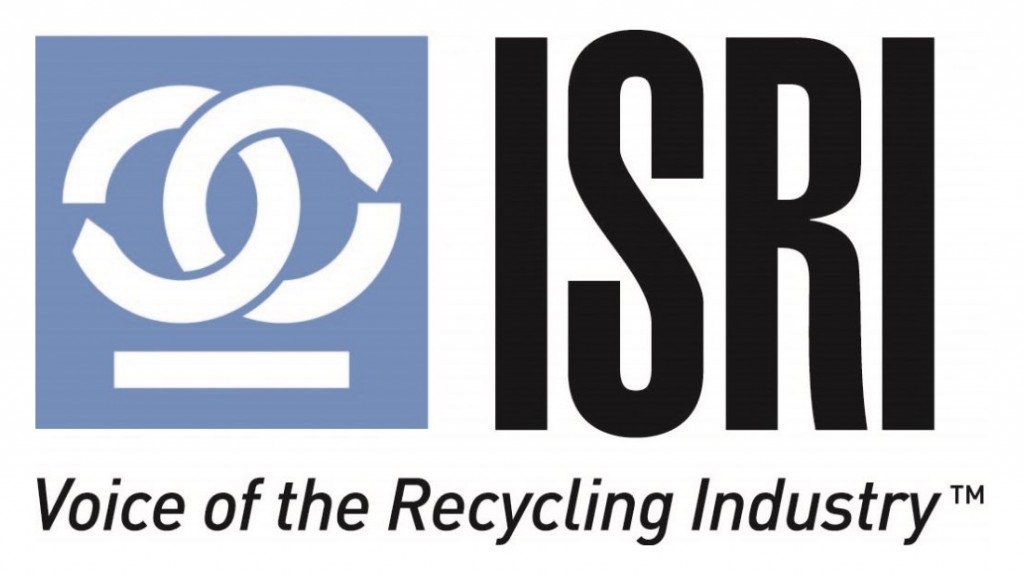
ISRI has released its 2023 ISRI Recycled Materials Industry Yearbook, providing the most current information, analysis, and statistics about the U.S. recycled materials industry and global marketplace. The yearbook is a reference document featuring an array of industry data that serves as a baseline for new global market realities.
"Recycled materials make up the everyday items and essential infrastructure all around us," said ISRI President Robin Wiener. "The yearbook tells that story while providing critical analysis and a wealth of comprehensive industry data. We are excited to provide this definitive resource that outlines recycled materials' critical role in manufacturing, infrastructure investment, and supporting a sustainable society."
What are the highlights of the 2023 ISRI yearbook?
- The recycled materials industry is a major contributor to the U.S economy, generating nearly $117 billion in economic activity while directly and indirectly supporting more than 500,000 jobs.
- The recycled materials industry is a proven solution to the climate crisis by reducing emissions. Compared to the cost of mining, drilling, harvesting, or other methods of extracting primary natural resources for manufacturing, the use of recycled materials produces fewer greenhouse gas emissions and significantly reduces energy consumption.
- America's infrastructure relies on recycled materials. The U.S. recycled materials industry is essential in meeting the infrastructure and sustainability goals mandated by the $1.3 trillion Bipartisan Infrastructure Law and other stimulus measures.
- Recycled materials make the supply chain stronger. In 2022, the U.S. recycled materials industry processed 137 million metric tons of recycled materials, including nearly 70 million tons of recycled iron and steel, 45 million tons of recovered paper and fibre, 9 million tons of nonferrous metals, and more than 5 million tons of recycled and reused electronics.
- More than 70 percent of the steel manufactured in the U.S. is "green steel," made from recycled material. In 2022, U.S. steel mills consumed approximately 56.6 million metric tons of recycled iron and steel to produce 82 million metric tons of steel.
- An estimated 49.1 million tons (44.5 million metric tons) of paper and paperboard were recycled in the U.S. in 2022, with an overall recycling rate of 67.9 percent; making paper the second most recycled material.
- The yearbook also provides the latest available information on major recycled material markets including nonferrous metals (such as copper, aluminum, nickel, lead, and zinc); plastics, electronics, tires and rubber, glass, and textiles.
- The publication focuses on the increasingly important role of ISRI specifications in promoting recycling and the use of recycled materials in the U.S. and around the world.
- Key industry trends are covered, including the impacts of the COVID-19 pandemic, ESG reporting, electrification and decarbonization, transportation and trade impediments, and more.
- The publication also provides historical information on production, recovery and consumption, recycled materials industry trade flows, and price indexes.



